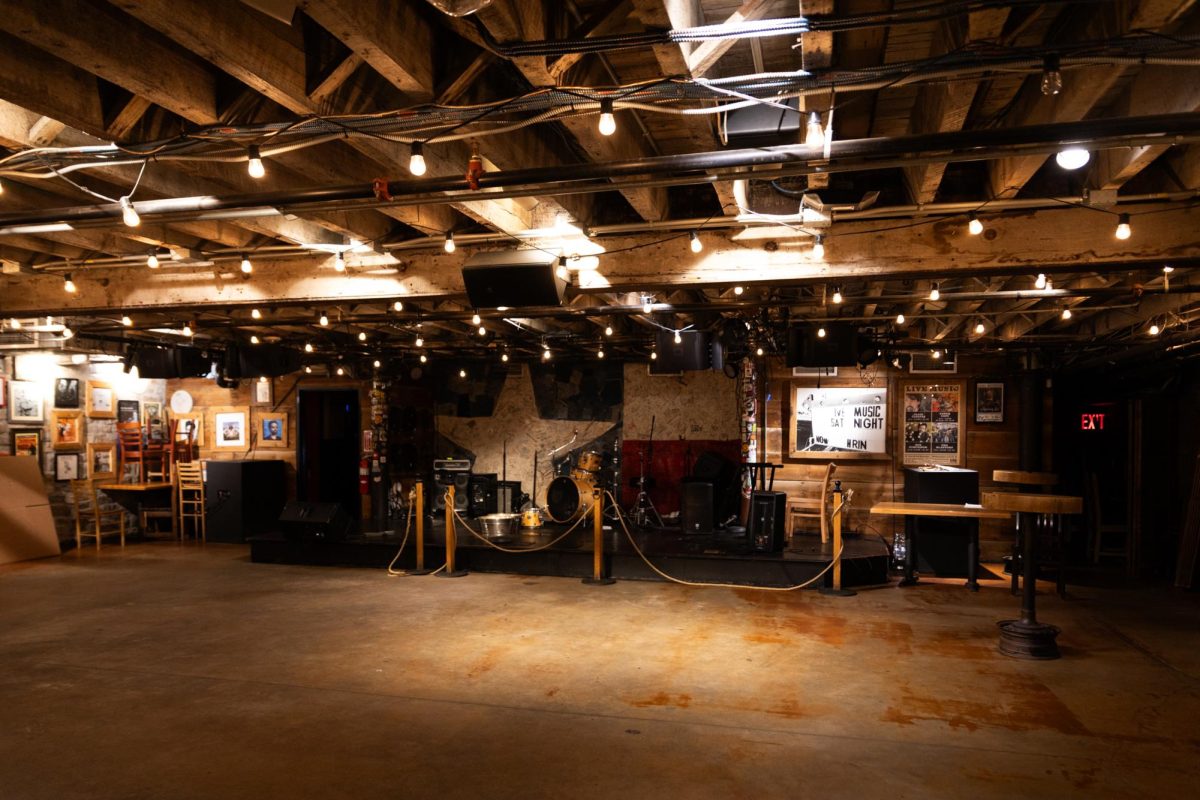Students in professor Phyllis Ryder’s class do more than just fulfill their University Writing requirement.
They have taken up her call to service and volunteered across the District as tutors, counselors and day-care providers.
In Ryder’s UW class, “Writing for Social Change,” she requires her students to volunteer with various organizations throughout the semester. During the course of their volunteer work, the students interview a fellow volunteer, using their experiences to create a final project which recommends means of improvements to the organization.
Ryder explained that including regular volunteer work with a community service organization is a new addition to the course’s lesson plan.
“We were writing about, but weren’t actually doing what we were saying was so important,” Ryder said.
Not every student at GW has the experience of or exposure to volunteering, as one of Ryder’s students explained.
“I think GW students want to make and see a change, but I don’t know if they always take the steps,” said Asianna Joyce.
Volunteer coordinators at each organization matched students in the UW course with volunteers whom they believed would benefit their organization the most from being profiled.
“You can really make a difference by just being there,” freshman Ariel Young said about her counterpart, senior Melissa Henderson, at the Higher Achievement Program, an academic enrichment program that provides tutoring and mentoring services to at-risk youth.
The ultimate goal of the Higher Achievement Program is to combat D.C.’s low college acceptance rate by striving to get students into prestigious high schools. Young chose to work with HAP because of her own experience with an enrichment program that motivated her to become a biology major.
After having worked with LIFT, an organization that provides one-on-one counseling with clients to find jobs and housing, and researched social theorist Robert Bucknam, Lorins proposed in his final project the method of social capital in order to improve LIFT’s impact.
“[Social capital is] the idea that we possess social networks that give us advantages in all aspects of life,” Lorins said.
Lorins, who chose the course out of a passion for social advocacy, said that in the future he hopes to pursue community service from a more corporate perspective, such as nonprofit public relations or social media. He profiled sophomore Greta Martin, who shared with him her personal feelings of responsibility to help those in need with the belief that everyone needs help at one point in their lives.
Inspired by her work at Little Friends for Peace, Joyce addressed the importance of working from inside and out. Little Friends for Peace is an organization that offers daycare service to children from broken homes in the D.C. area, but also provides activities and lessons to the children that serve to promote the idea of peace. To Joyce, Little Friends for Peace builds stronger individuals.
“One needs the ambition and desire to want to succeed in order to succeed,” Joyce said.





